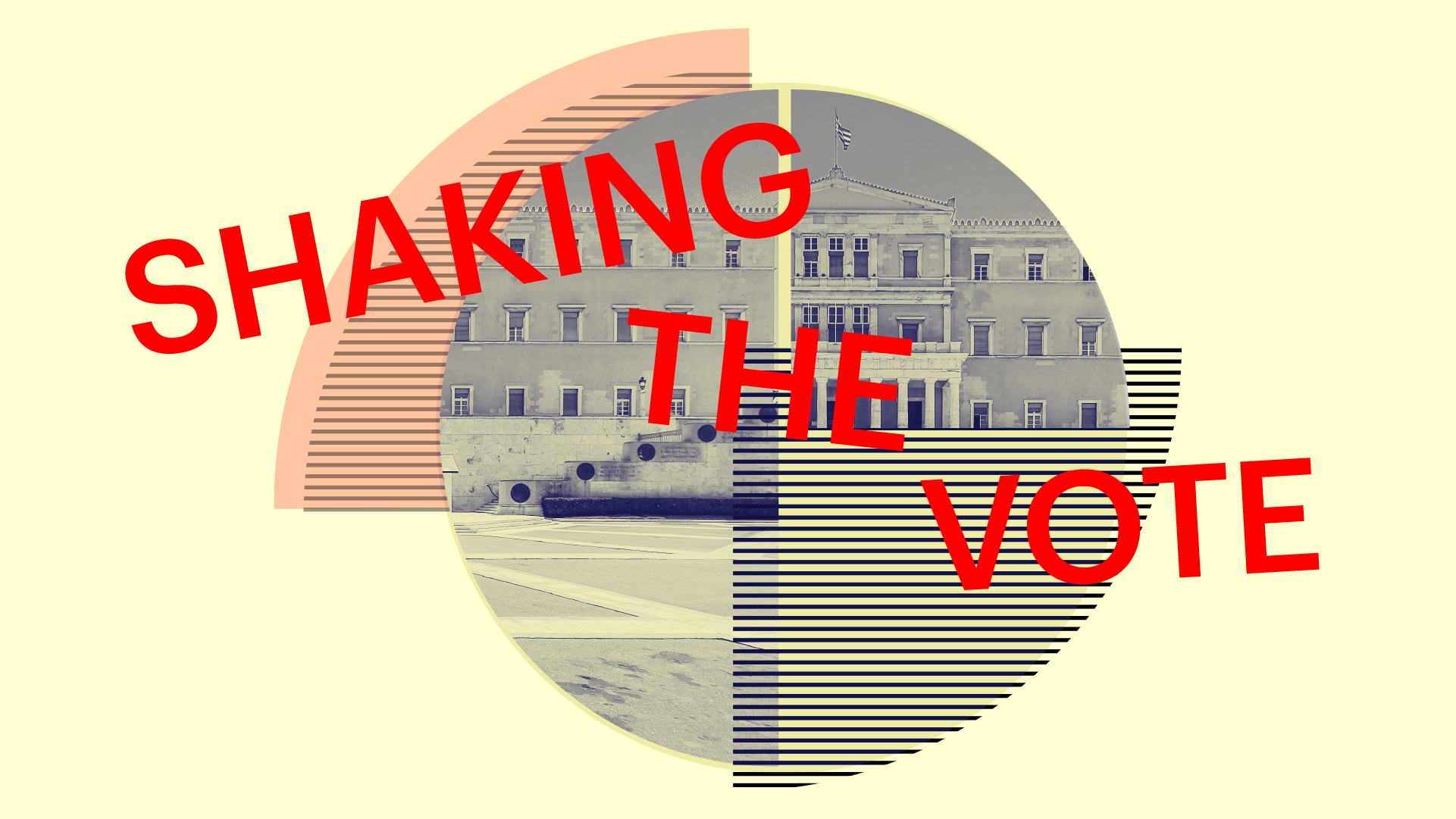
The political earthquake of the Greek elections
The double elections in May and June shaped a new political landscape in Greece and created very different correlations compared to the previous national elections in July 2019. Nea Dimokratia (ND) won comfortably, SYRIZA-PS suffered a heavy defeat that led to major internal developments, PASOK-KINAL strengthened its parliamentary presence, while the far right in its various manifestations saw a significant increase in its numbers.
The result of the double elections had the effect of an “earthquake” as far as the Greek parliamentary system was concerned, even more so because it occurred at a time when the severe and complex consequences of both the coronavirus pandemic and the energy crisis were clearly felt by the electorate. Any assessments concerning expected damages of the then incumbent government remained at a theoretical level and the polls conducted prior to the May election, although they did show a clear advantage and the dynamic of ND both during the whole term as well as before the first ballot, they still failed to capture the scale of its prevalence, as well as the extent of the decline of the opposition.
At the same time, PASOK-KINAL managed to strengthen its parliamentary presence, to emerge stronger compared to the 2019 election and to claim the political and social space in which SYRIZA-PS has dominated during the past decade or so. The challenge for both parties in the aftermath of the elections – and within the framework of the new parliamentary term that has just begun – is whether they will manage to form a strong alternative option that could contest the country’s governance while exerting constructive pressure on the current government, or whether they will exacerbate the social and electoral weakening of the Left/Centre-Left with their policies and choices.
As to the far right and its various versions, the election result shows that it has strengthened its appeal, evoking memories of the recent past, when the convicted criminal organisation Golden Dawn entered the Greek Parliament, after the January 2015 elections, as the third stronger political force. This increased appeal of the far right follows a broader trend that exists at a European level, as it is observed in a large number of EU countries, and in some, like in Italy, the far right is a governing party.
The preparation of the September edition of Perspectives comes at a time when the political climate has settled down, thus giving the contributors and featured authors the chance to review the crucial conclusions of the national elections from a greater distance and with a more insightful view, and therefore to shed a different light on their assessments of both the result itself and of what might occur in the Parliament in the near future, as well as in the local elections in October.
